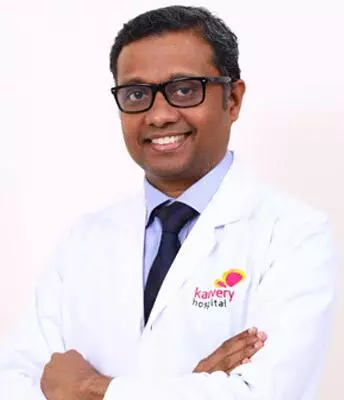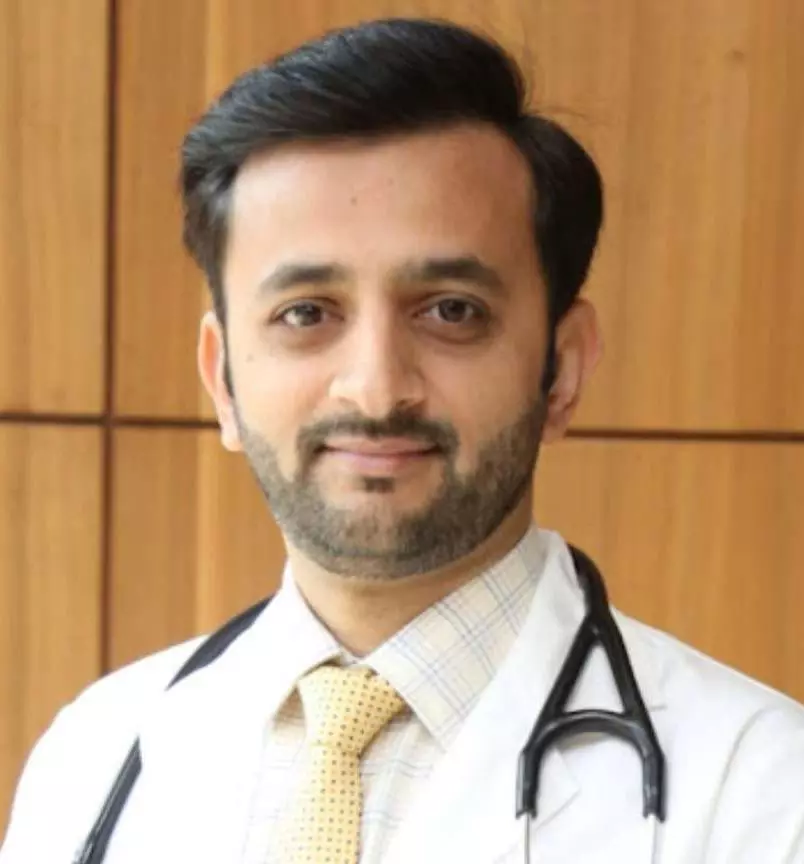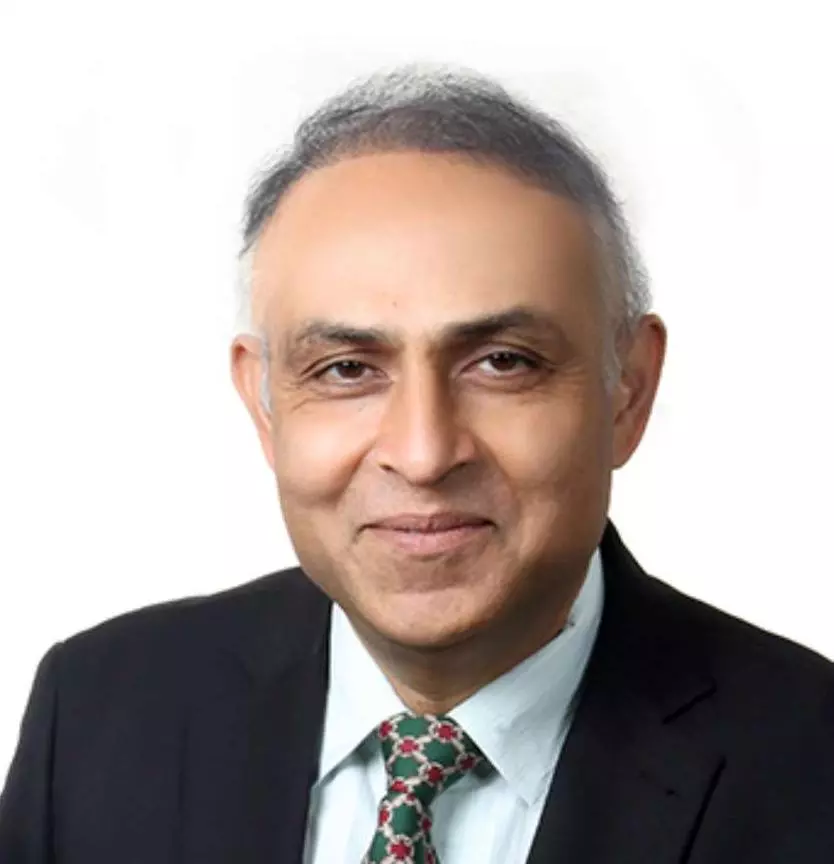- Home
- Medical news & Guidelines
- Anesthesiology
- Cardiology and CTVS
- Critical Care
- Dentistry
- Dermatology
- Diabetes and Endocrinology
- ENT
- Gastroenterology
- Medicine
- Nephrology
- Neurology
- Obstretics-Gynaecology
- Oncology
- Ophthalmology
- Orthopaedics
- Pediatrics-Neonatology
- Psychiatry
- Pulmonology
- Radiology
- Surgery
- Urology
- Laboratory Medicine
- Diet
- Nursing
- Paramedical
- Physiotherapy
- Health news
- Fact Check
- Bone Health Fact Check
- Brain Health Fact Check
- Cancer Related Fact Check
- Child Care Fact Check
- Dental and oral health fact check
- Diabetes and metabolic health fact check
- Diet and Nutrition Fact Check
- Eye and ENT Care Fact Check
- Fitness fact check
- Gut health fact check
- Heart health fact check
- Kidney health fact check
- Medical education fact check
- Men's health fact check
- Respiratory fact check
- Skin and hair care fact check
- Vaccine and Immunization fact check
- Women's health fact check
- AYUSH
- State News
- Andaman and Nicobar Islands
- Andhra Pradesh
- Arunachal Pradesh
- Assam
- Bihar
- Chandigarh
- Chattisgarh
- Dadra and Nagar Haveli
- Daman and Diu
- Delhi
- Goa
- Gujarat
- Haryana
- Himachal Pradesh
- Jammu & Kashmir
- Jharkhand
- Karnataka
- Kerala
- Ladakh
- Lakshadweep
- Madhya Pradesh
- Maharashtra
- Manipur
- Meghalaya
- Mizoram
- Nagaland
- Odisha
- Puducherry
- Punjab
- Rajasthan
- Sikkim
- Tamil Nadu
- Telangana
- Tripura
- Uttar Pradesh
- Uttrakhand
- West Bengal
- Medical Education
- Industry
Small Incision, Big Impact- Analyzing the minimally invasive nature of TAVI - Video
Overview
Understanding the the minimally invasive nature of transcatheter aortic valve implantation procedure which is commonly known to many as TAVI, with an esteemed panel of cardiologists.
To understand this procedure in detailed manner Medical Dialogues Team interacted with the following renowned cardiologists:
(COL) DR. MONIK MEHTA, a heart specialist in Gurgaon with over 25 years of experience. He has served in the Indian Armed Forces. He has thereafter also worked with various corporate hospitals and has vast experience in managing all types of heart problems and doing complex procedures. He is a fellow and member of many prestigious international and National organizations such as Fellow of American College of Cardiology, Fellow of Society for Cardiovascular Angiography and Interventions (FSCAI -USA), International Fellow of the European Society of Cardiology (2017), the European Association of Percutaneous Cardiovascular Interventions, Asia Pacific Vascular Society, Cardiology Society Of India and Association of Physicians of India.
Prof. Dr. Ajith Pillai, is an acclaimed interventional cardiologist in the nation with extensive training and experience in complex coronary, structural, and endovascular procedures. He is well known for his brilliant procedural skills and high-risk interventional procedures. He is trained in interventional cardiology in multiple internationally reputed centers.
Dr. Maulik Parekh who is the Head of TAVR and the Structural Heart Program. He is a “Proctor” for the TAVR procedure and has been actively teaching and propagating this new state-of-the-art technique to various centers across the country. He is also trained and certified for other structural heart interventions. He is a founder member of the Indian Academy of Echocardiography and is well-trained in basic and advanced echocardiography.
They discussed the following aspects:-
1. What is TAVI and why it is considered a minimally invasive procedure?
2. What are the primary advantages of TAVI over traditional open-heart surgical approaches?
3. How do the recovery time and patient experience compare between TAVI and traditional surgery?
4. The potential benefits of TAVI for elderly patients or those deemed high-risk for surgery?
5. How critical is the size and nature of the incision in the TAVI procedure, and how does it lead to quicker recovery?
6. How do cardiologists determine which patients are suitable candidates for TAVI?
7. What are the current limitations or challenges associated with the TAVI procedure?
8. How to handle potential complications that might arise during the procedure?
9. Are there any new research findings or clinical trials that are promising in the TAVI field?
10. What advice be given to emerging cardiologists who wish to specialize in TAVI?






